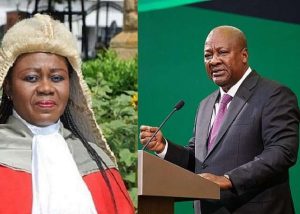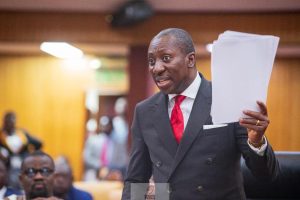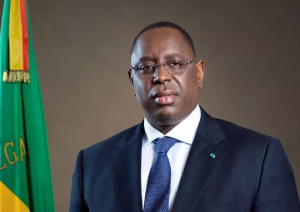Nigeria’s currency, the Naira, fell on Monday to record lows on both the official and unofficial markets, while stocks posted their biggest one-day fall in more than a year.
The latest comes as Africa’s largest economy experiences crippling dollar shortages, though the country’s apex bank chief, Governor Olayemi Cardoso, has said that foreign exchange liquidity is improving.
The naira dropped to 1,712 naira per dollar in late trades on the official market and to around the same level on the unofficial market after extending losses, according to a media report.
The Nigerian currency, the Naira, which has been in freefall since the year began, has crossed the 2000 mark against the British Pound. As of Monday, the Nigerian naira is exchanging above 2,000 per pound at the parallel market. The naira is also currently trading for N1,673 per dollar on the parallel market.
Last Thursday, data showed that the country’s inflation rate had accelerated further in January, reaching almost 30% in annual terms, driven by soaring food costs.
On the stock exchange, stocks on Nigeria’s All-Share Index posted their single biggest fall since Oct. 2022, when they fell 3.15% on Monday after banking, consumer goods and industrial shares dropped.
Cardoso has hiked open market rates to draw investors to bills that had lost their shine to equities as inflation climbed, but Treasury rates still lag behind the benchmark policy rate and the fall in the naira means yields would have to rise further.
As of February 2024, the Nigerian currency made the list of African countries with the weakest currencies. Of the 54 African countries, it now has the 10th weakest currency in relation to the exchange rate.
The country has been battling with the effects of its fuel subsidy removal, which has brought about a constantly increasing inflation rate and a rising cost of living.









